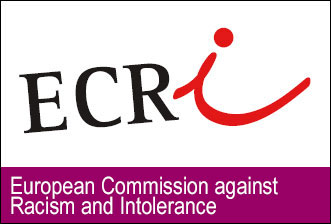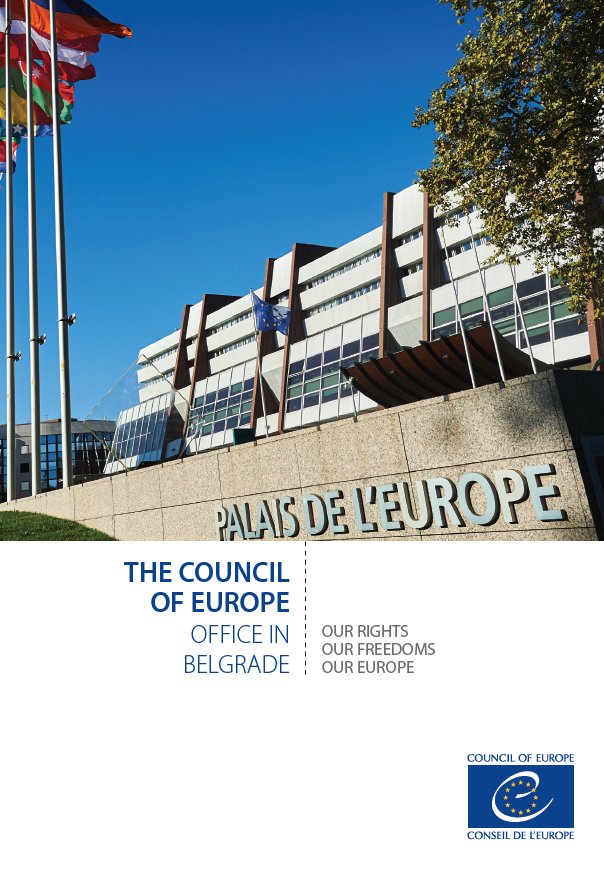The European Commission against Racism and Intolerance (ECRI) today published conclusions on the implementation of two priority recommendations made to Serbia in 2017.
Firstly, ECRI recommended that the Parliament and the Government adopt codes of conduct prohibiting the use of hate speech, providing for suspension of mandate and other sanctions for breach of their provisions and establishing effective reporting channels. The authorities informed ECRI that the rights and obligations of the Members of Parliament are regulated by the Constitution and other legislation and the Rules of Procedure of the National Assembly, which prohibit the use of insults. Additionally, in 2017 the Rules of Procedure were further amended to prevent MPs from resorting to hate speech when commenting on court decisions taken in the framework of war crime trials, and from denying such crimes. While taking positive note of this partial improvement, the Council of Europe commission underlines that these rules need further strengthening and that they should contain a coherent and appropriate prohibition of hate speech. ECRI regrets that no progress has been made on the adoption of rules by the Serbian Government as well and concludes that this recommendation has been partly implemented.
Secondly, ECRI recommended that the authorities give priority to hiring a proportionate number of Roma and other minorities to the civil service and ensure equally stable working conditions. The Serbian government informed ECRI about the Action Plan for the Realisation of the Rights of National Minorities that aims to achieve adequate representation of members of national minorities in the public sector and enterprises. Besides, a number of Roma have been hired as pedagogical assistants, health mediators and coordinators for Roma issues. However, a survey of the Protector of Citizens shows continued exclusion of Roma as well as a lack of adequate instruments for their participation at all levels of local administration. ECRI regrets to note that the number of Roma and members of other minorities employed in the public sector of Serbia remains far from being proportionate. Besides, ECRI did not receive any information on whether they benefit from equally stable working conditions as other public employees. It concludes that the recommendation has been partly implemented.
The conclusions cover the period up to 25 October 2019, the date on which the response of the Serbian authorities to ECRI’s request for information was received. The conclusions are based on the response from the Government and information gathered from other sources. They concern only the priority recommendations and do not aim at providing a comprehensive analysis of all developments in the fight against racism and intolerance in Serbia.
The priority recommendations were spelt out in the full monitoring report (see Serbian version here).





